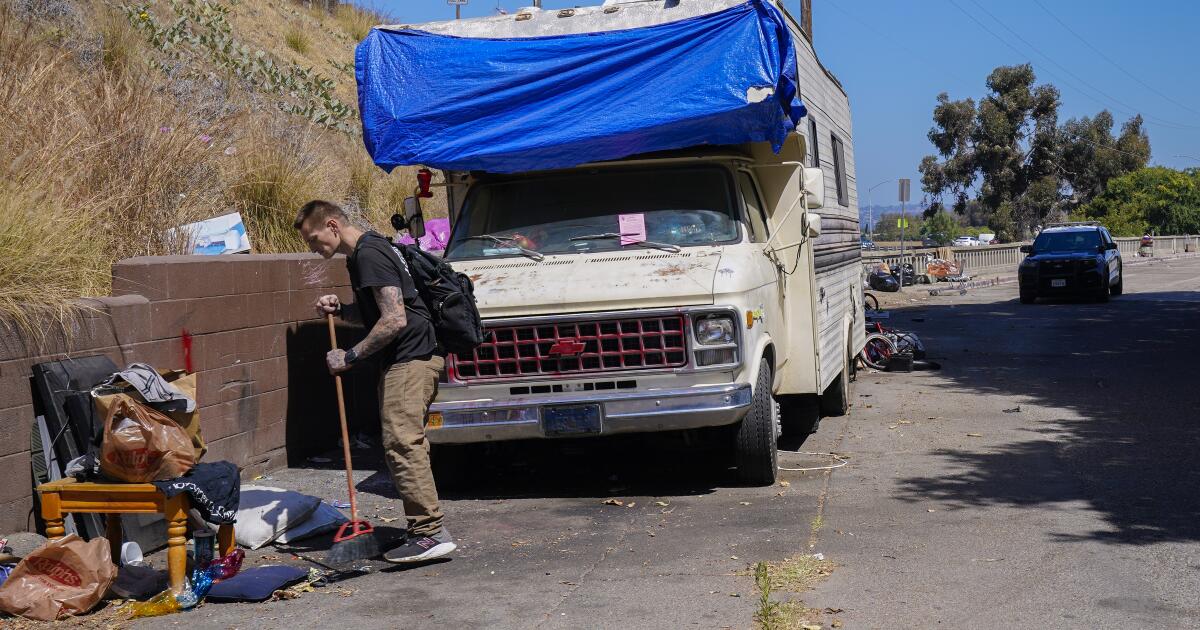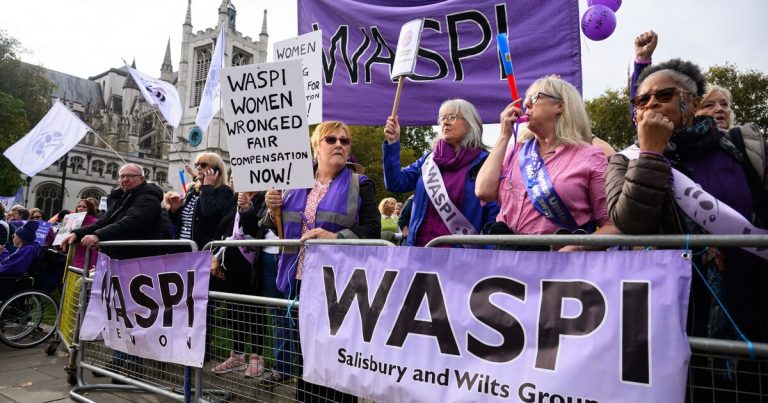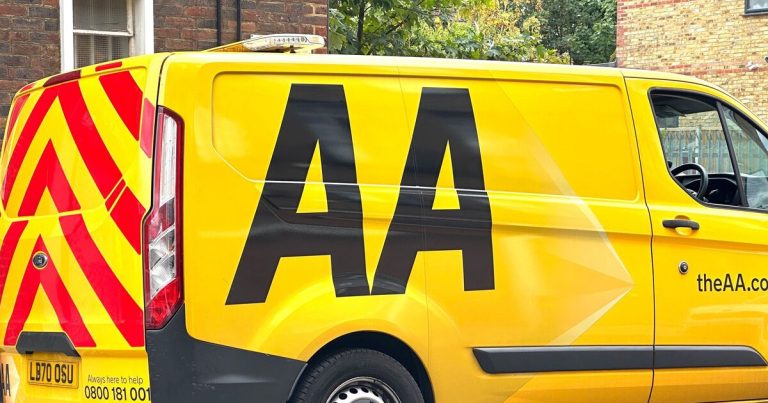

Tickets issued to people living in vehicles will be forgiven, the laws against the practice will be suspended in some cases and homeless people will have more places to legally park their RVs overnight under a lawsuit settlement approved by the San Diego City Council.
Attorney Ann Menasche filed the lawsuit on behalf of 11 homeless people six years ago to challenge city ordinances against living in vehicles and parking oversized vehicles such as RVs on city streets between 2 a.m. and 6 a.m.
The lawsuit claimed the ordinances violated the constitutional and statutory rights of plaintiffs, who included disabled people who could not find housing, because they had no other shelter options besides their vehicles.
As part of the settlement, people who were cited can ask for fines to be forgiven, and the city has vowed to try to add more parking lots for homeless people and make improvements to an existing lot. It also will suspend enforcement of the laws for people who have no other place to park their vehicles for the next three years.
“This will allow the city to continue regulating parking without punishing people whose only shelter is their vehicle,” read a statement supplied by Menasche and the city attorney’s office.
“This is a win/win for the city and our class members who are doing the best they can to survive in their vehicles, when better options have been closed off to them,” Menasche said in a prepared statement. “This agreement will improve the lives of class members while refocusing our energies to addressing the affordable housing crisis that is impacting so many of the residents of San Diego.”
The settlement still must be approved by a federal district court overseeing the litigation.
While some have argued the laws against living in vehicles and parking RVs on city streets are needed to keep neighborhoods clean, others have argued that they can worsen the homeless situation. RV dwellers at times have had their vehicle towed, leaving them homeless on the street, while others living in their cars have been repeatedly cited and have had fines pile up to thousands of dollars that they cannot afford to pay.
Following the filing of the lawsuit in 2018, a federal judge repealed the ordinance against living in vehicles after ruling it was too vague to enforce. The City Council adopted a similar but revised ordinance in May 2019, which then-Mayor Kevin Faulconer said was necessary because hundreds of residents were complaining about conditions in their neighborhood since the law was repealed.
The city also opened a Mission Valley safe-parking lot that accepts oversized vehicles in 2019, although it was seldom used by RV owners because people had to move their vehicles out every morning. The City Council agreed to allow RVs to stay on the lot for 24 hours in September 2022, which has increased its usage.
Still, there are not enough parking lots for homeless people living in vehicles, especially for those in RVs.
Andrew Sharp, director of communications with the city attorney’s office, said the city agrees to make a “reasonable, good-faith effort” to expand its overnight parking lot program to more districts in the city.
The settlement also calls for substantial health and safety improvements, including electric hookups, improved light, flush toilets, showers and shade at the Mission Valley lot.
That was seen as good news for Penny Helms, 64, who has been using the lot since last March and is one of the plaintiffs in the lawsuit. She especially is looking forward to flush toilets replacing the portable ones on the lot.
“They’re so bad with maintenance,” she said. “They come every day, but it’s gross.”
Helms also said there is a need for showers and more electrical outlets on the lot, where only one appliance at a time can be plugged in.
Another part of the agreement will loosen the restriction on parking oversized vehicles on city streets. The ordinance prohibits oversized vehicles from parking within 50 feet of an intersection at any time, but the settlement will allow people who live in them to use their vehicles for transportation.
“That’s huge,” Helms said about the settlement. “For years I was cited for using my RV to go to the grocery store. Anytime I left my vehicle, I was afraid I would come back to a ticket.”
Having waited for months to get into the Mission Valley lot, Helms said there is a pressing need for more places to legally park their RVs at night.
Helms said she has been cited about five times, and always paid her tickets. Others with outstanding tickets issued after Nov. 15, 2017, can apply for forgiveness under the settlement.
Also during the next three years, the settlement calls for allowing people to have a “reasonable opportunity” to move their vehicles before they are cited.
Helms said she has been living in her RV since she moved out of her San Diego apartment in 2007 because she couldn’t afford rent after going on disability.
“I’ve never been impounded,” she said. “I’ve always been pretty careful. When they started harassing people, I would leave town. I have severe PTSD, and the more police are harassing me, the more I’m in a state of anxiety, so I would flee outside of the city.”
Helms said she relocated to Northern California during the summer for a few years, but she no longer can make the trip because of her physical condition and the need to keep doctor appointments.
She plans on staying at the Mission Valley lot until she finds housing. Helms said she has been on a waiting list for a housing voucher for 10 years, and has been told it may be another two before she gets it.
Other plaintiffs in the lawsuit did not live to see the settlement. Menasche said two of the original plaintiffs have died since it was filed.





